Chess transcends mere gameplay—it represents cultural heritage, intellectual tradition, and artistic expression across civilizations spanning centuries. For devoted enthusiasts, experiencing chess history firsthand through travel offers profound connections to the game’s rich legacy.
From tournament meccas to historic sites, certain destinations hold special significance in chess culture and history. Here is a list of 14 destinations that every chess fan should consider visiting—places where the ancient game lives beyond the board and connects players to its illustrious past and vibrant present.
St. Petersburg, Russia
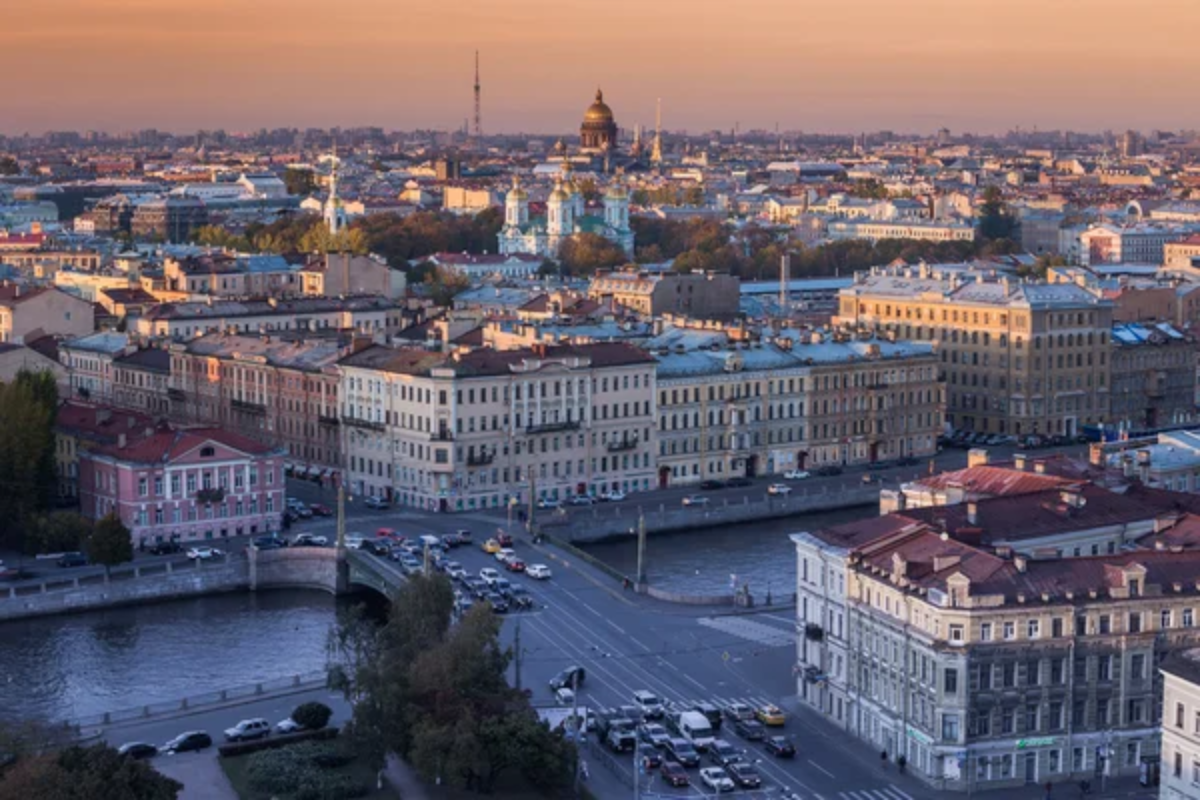
St. Petersburg holds exceptional significance in chess history as home to many Russian chess masters and the site of the famous Chigorin Chess Club, which developed generations of Soviet chess excellence. The city houses an extraordinary chess collection at the Museum of Russian Chess, featuring artifacts dating from Peter the Great through the Soviet era—including original sets owned by luminaries like Alekhine and Botvinnik.
Visitors can play casual games in atmospheric parks like Summer Garden, where locals maintain the tradition of outdoor chess across seasons, even setting pieces atop snow-covered tables during winter months. The legendary St. Petersburg Chess Federation hosts regular tournaments welcoming international participants in the tradition that produced numerous world champions from this cultural capital.
New York City, USA
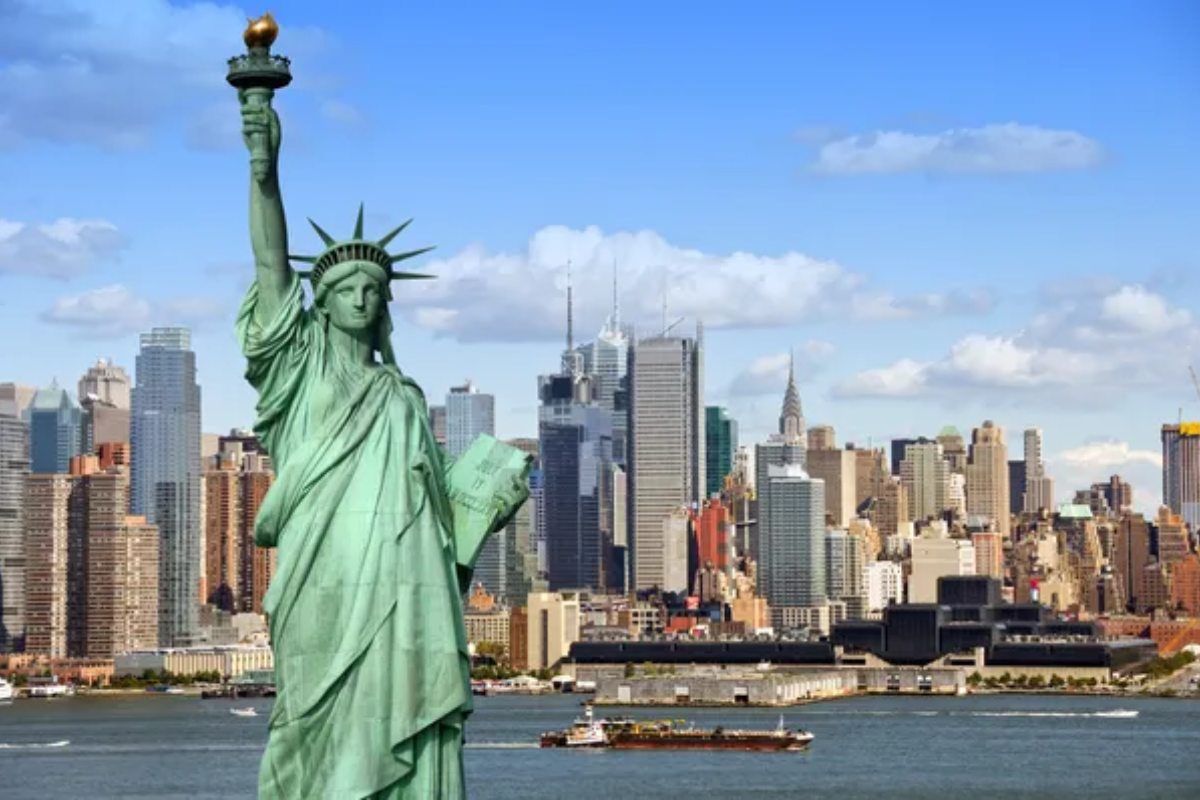
New York City maintains special status in international chess through its iconic Marshall Chess Club—a historic brownstone in Greenwich Village where luminaries like Bobby Fischer developed their skills. Washington Square Park offers chess enthusiasts the opportunity to test their abilities against formidable street players, continuing a tradition dating back generations with concrete boards that remain constantly occupied despite changing neighborhood dynamics.
The Chess Forum in Lower Manhattan provides both retail space and an active playing environment where aficionados gather day and night for casual games, speed chess, and animated discussions about openings and endgames. The city also hosts major international events at venues like the World Chess Hall of Fame and specialty tournaments drawing grandmasters from across the globe.
Like Travel Pug’s content? Follow us on MSN.
Reykjavik, Iceland
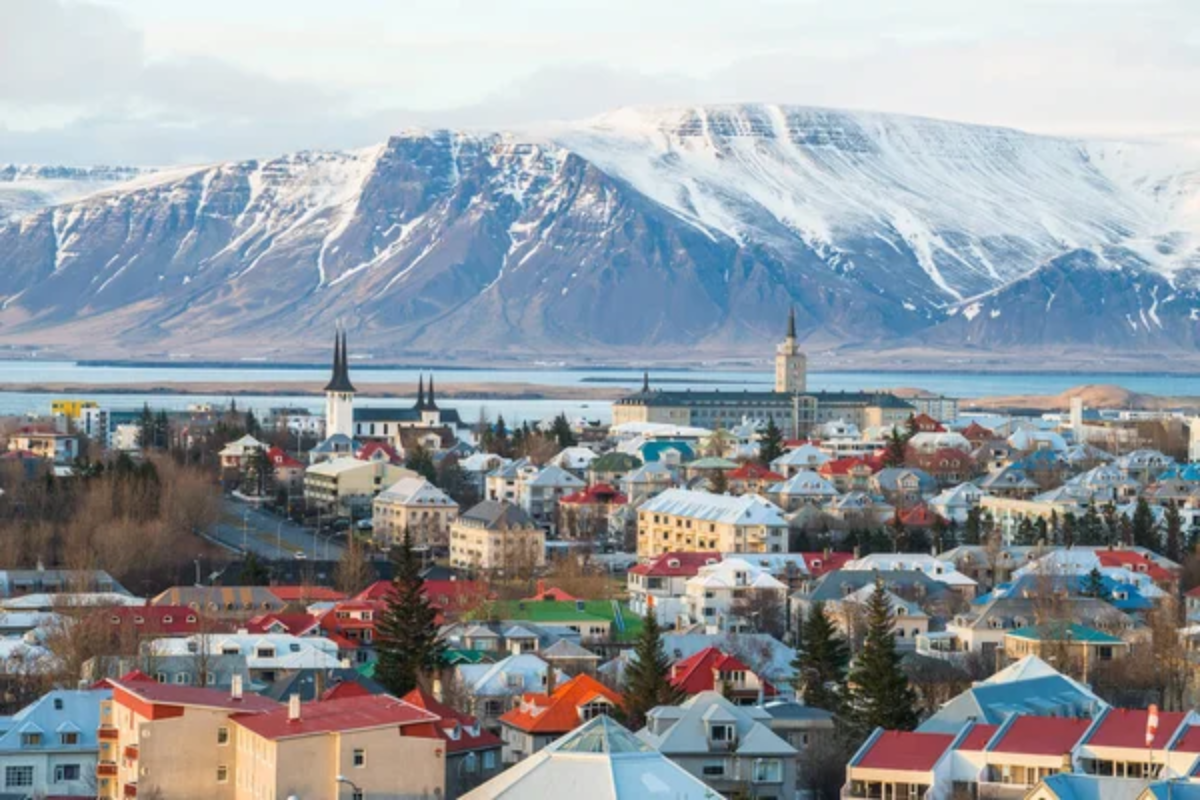
Reykjavik achieved permanent chess fame as the site of the legendary 1972 World Championship match between Bobby Fischer and Boris Spassky—perhaps the most famous chess contest in history. The capital city embraces this legacy through the Bobby Fischer Center in nearby Selfoss, displaying personal effects, photographs, and memorabilia from the eccentric American grandmaster who permanently changed public perception of chess.
Visitors can view the original playing hall where the “Match of the Century” unfolded at Laugardalshöll sports arena, preserved much as it appeared during those tension-filled Cold War confrontations. Iceland’s extraordinary chess culture continues through exceptionally high participation rates, with thermal swimming pools often featuring built-in chess tables where locals play between soaks regardless of weather conditions.
Moscow, Russia
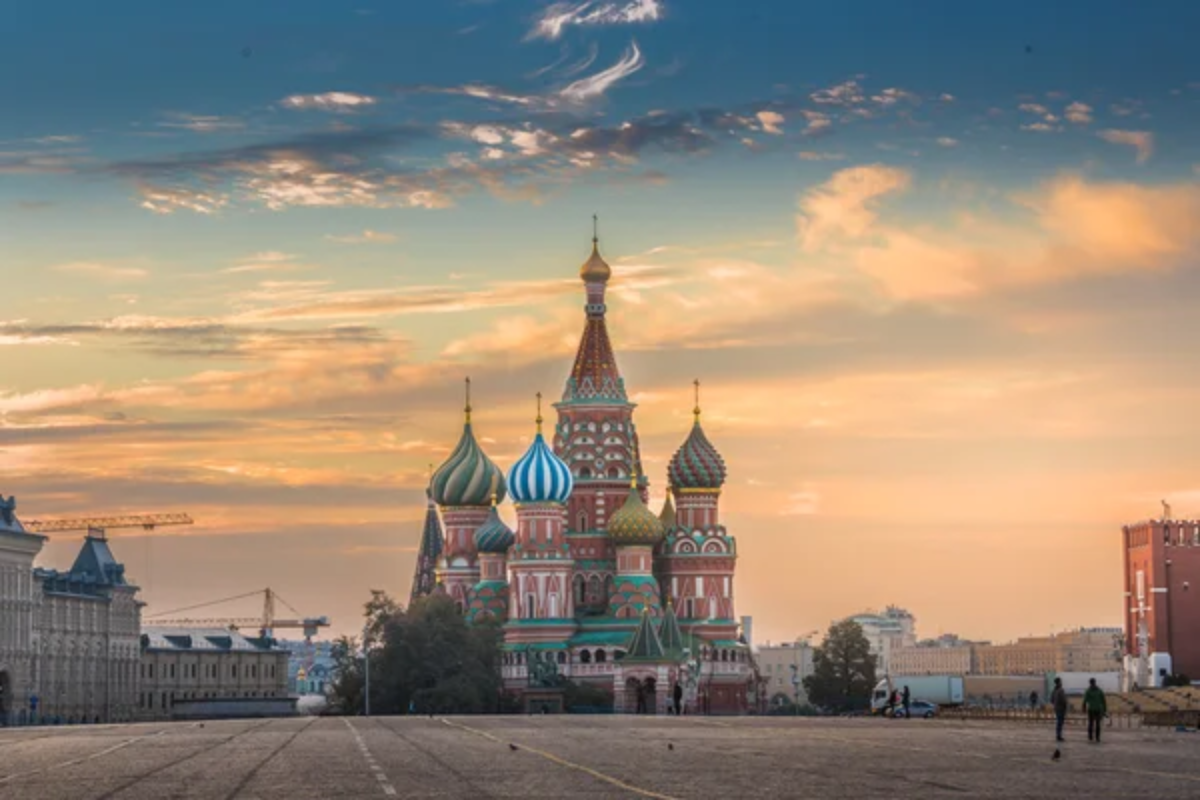
Moscow represents perhaps the world’s greatest chess city, having produced numerous world champions while serving as a spiritual home to generations of legendary players. The Central Chess Club on Gogolevsky Boulevard has hosted elite tournaments since 1924, with its museum displaying an unparalleled collection of chess memorabilia, including original scoresheets from historic championships.
Chess enthusiasts gather at Gorky Park’s dedicated playing area, where dozens of concrete tables accommodate players of all levels amidst the park’s distinctive Soviet-modernist landscape architecture. The city’s chess tradition continues through specialized chess schools producing prodigies, regular international tournaments, and a deep cultural appreciation for the game is evident across generations.
Prague, Czech Republic
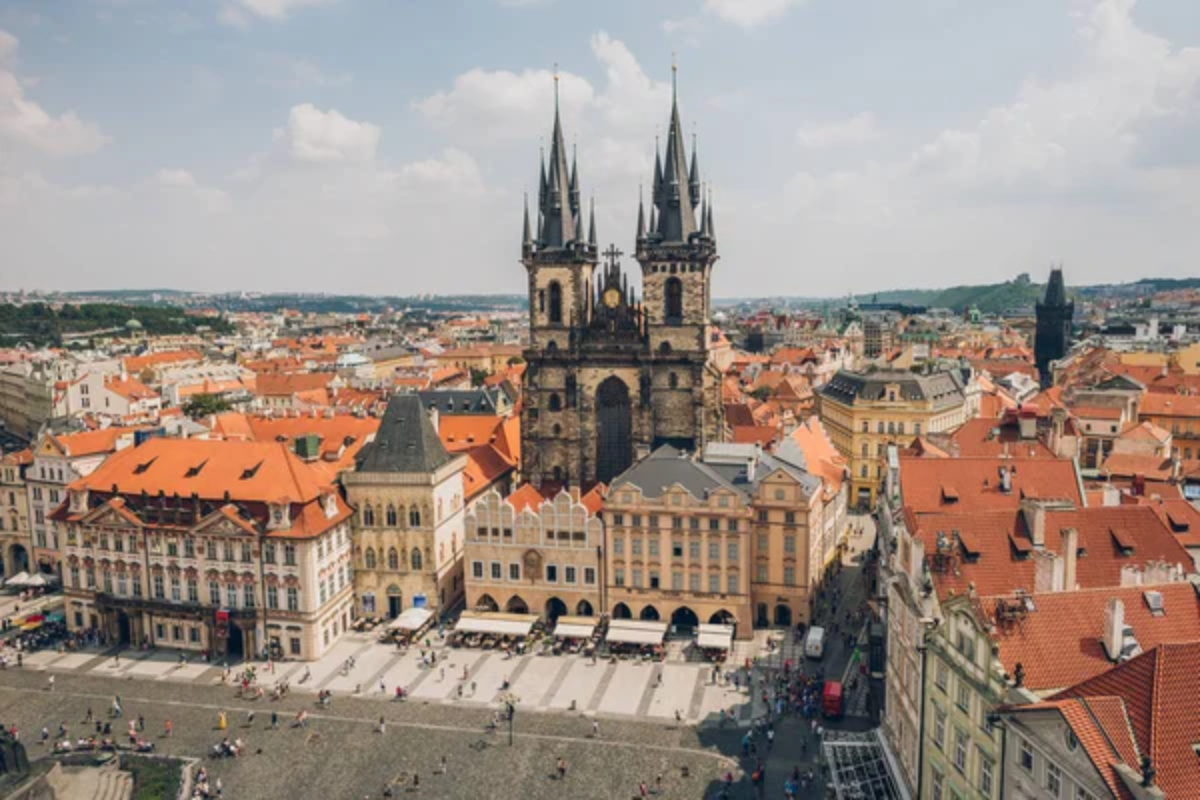
Prague celebrates its rich chess tradition through beautifully preserved historic coffee houses like Café Slavia, where intellectual chess culture flourished for generations among writers, artists, and dissidents gathered over boards. The city features distinctive public chess tables in Old Town Square, where visitors can challenge locals surrounded by spectacular Gothic and baroque architecture dating back centuries.
The Prague Chess Society organizes annual memorial tournaments honoring Czech grandmaster David Navara, typically held in historic venues like the neo-Renaissance Žofín Palace on Slovanský Island. Visitors frequently discover beautifully crafted chess sets in shops throughout Old Town, particularly distinctive Bohemian crystal versions representing medieval Czech history.
Like Travel Pug’s content? Follow us on MSN.
Chennai, India
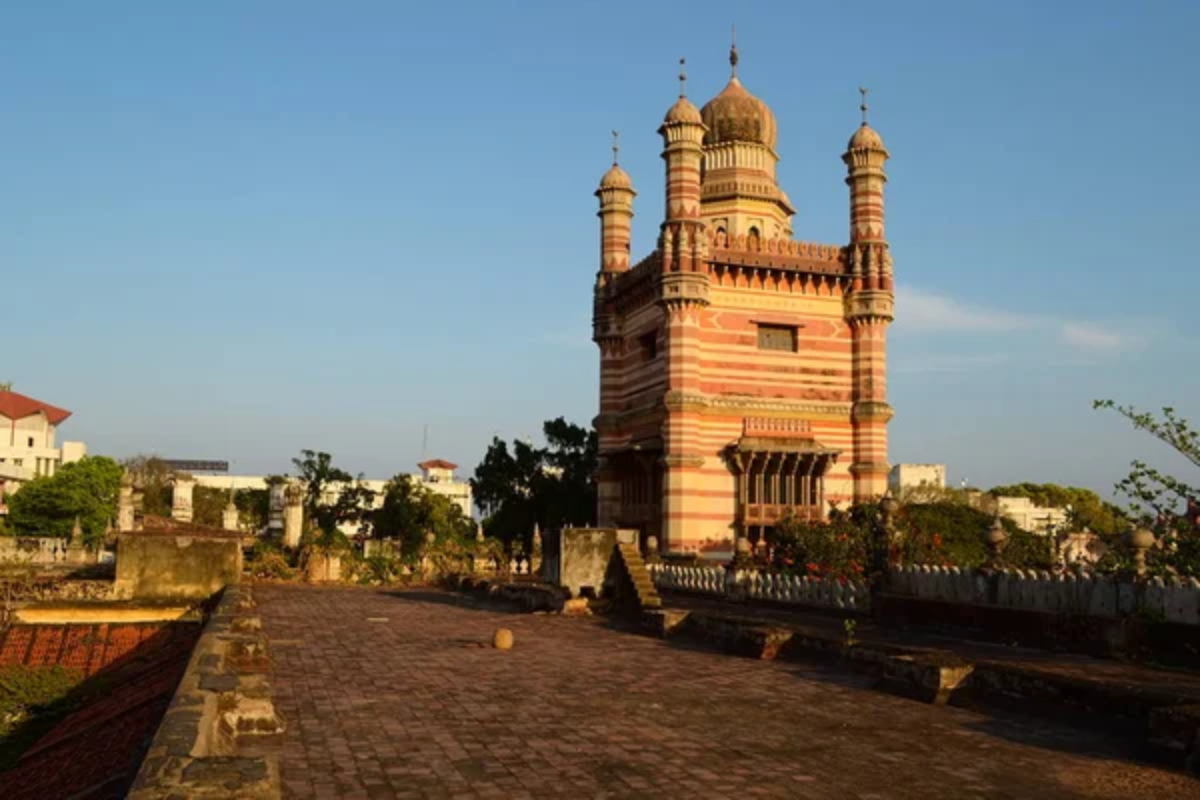
Chennai (formerly Madras) represents the epicenter of modern Indian chess, having produced five-time world champion Viswanathan Anand while developing into a global chess powerhouse. The Tamil Nadu State Chess Association headquarters serves as a focal point for India’s chess revolution, with training programs developing world-class players through systematic approaches that have transformed the national chess landscape.
Visitors can observe intense park games at Marina Beach, where players gather around boards balanced on retaining walls while ocean breezes cool competitors in this chess-obsessed metropolis. The city regularly hosts major international tournaments, including the Chess Olympiad, cementing its reputation as India’s chess capital and nurturing ground for prodigies adopting Anand’s precise, universal style.
London, England
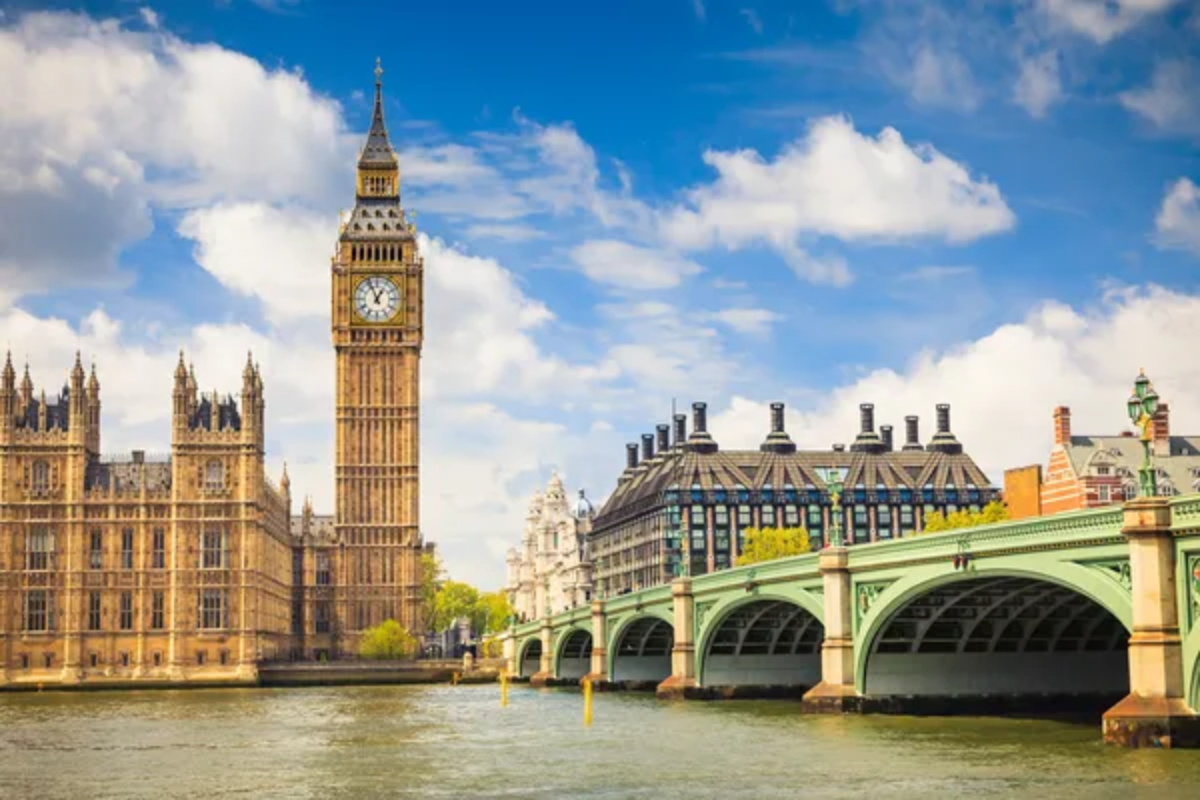
London claims exceptional chess significance through institutions like Simpson’s-in-the-Strand, the historic restaurant where chess masters gathered for centuries over boards and meals in dedicated chess rooms. The city houses remarkable chess collections at the British Museum, including the Lewis Chessmen—12th-century walrus ivory pieces representing perhaps the most famous historic chess set in existence.
Chess enthusiasts gather at traditional venues like Holland Park’s dedicated chess area, where permanent tables accommodate players amid beautiful Victorian gardens regardless of typically British weather conditions. The London Chess Classic draws elite grandmasters annually, while specialized shops like the London Chess Centre offer an extraordinary selection for collectors and players seeking equipment or rare chess literature.
Budapest, Hungary
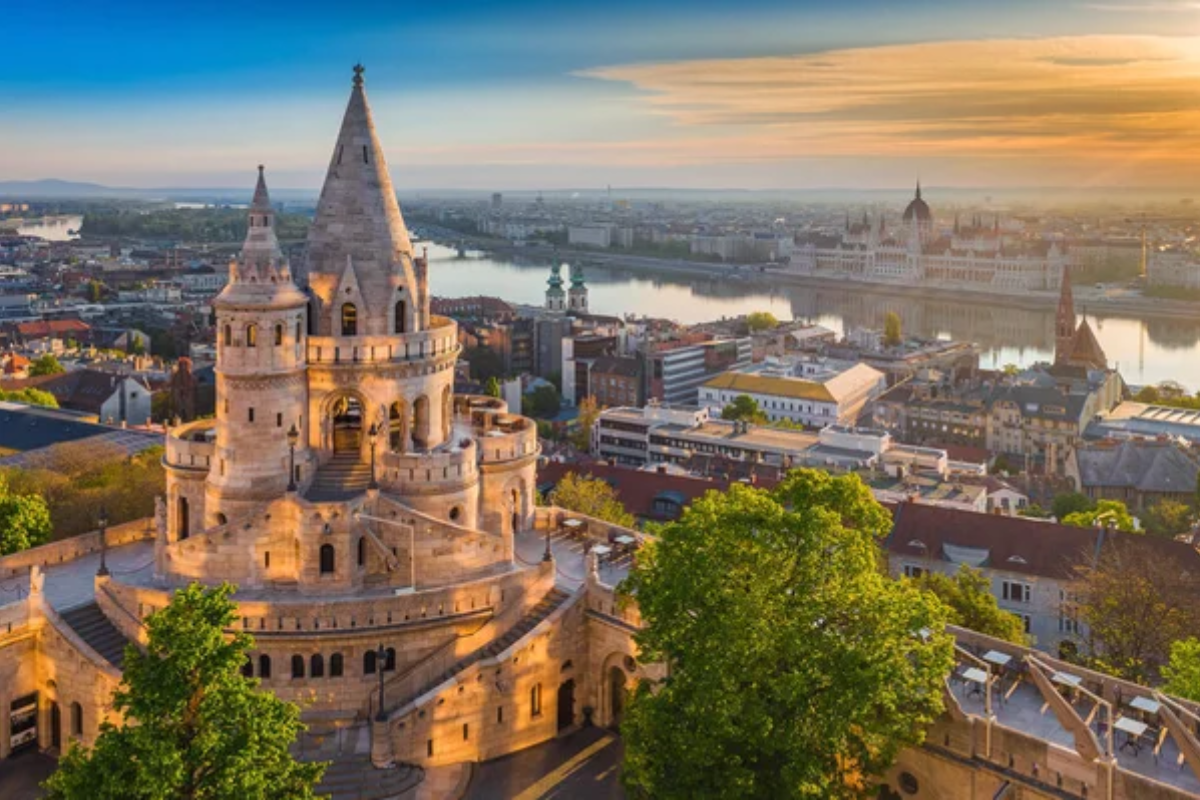
Budapest maintains a thriving chess culture built upon Hungary’s extraordinary chess tradition, which produced prodigies like Judit Polgar—widely considered history’s strongest female player. The city’s famous thermal baths, particularly Széchenyi, feature dedicated chess areas where players compete amid steam rising from mineral waters, creating truly unique playing environments combining relaxation with intense competition.
Visitors can test their skills against hustlers in City Park near Heroes’ Square, where concrete tables accommodate speed chess matches regardless of the weather conditions year-round. The Hungarian Chess Federation regularly organizes international tournaments honoring native grandmasters while maintaining the traditions that produced numerous world-class players from this chess-loving nation.
Like Travel Pug’s content? Follow us on MSN.
Amsterdam, Netherlands
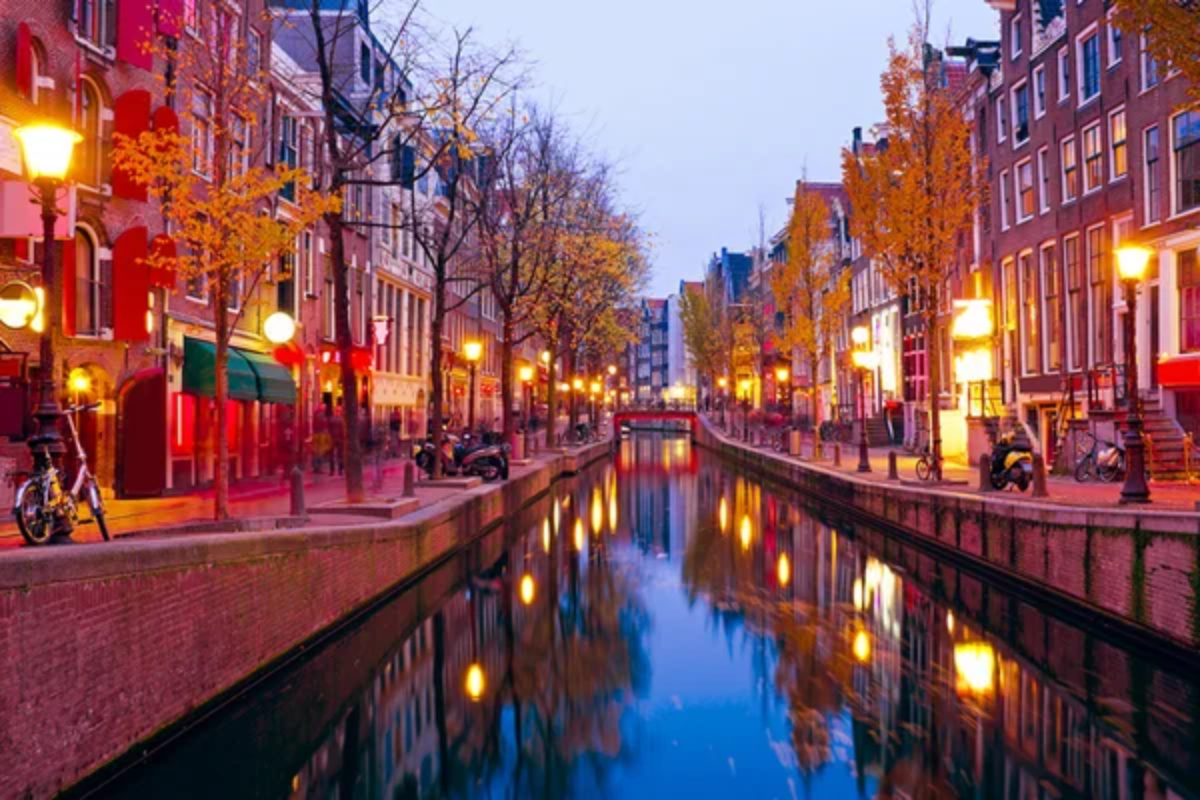
Amsterdam hosts the renowned Max Euwe Centrum—a museum and chess center dedicated to the Dutch world champion who defeated Alexander Alekhine in 1935 while maintaining his mathematics professorship. The city embraces public chess through permanent outdoor boards at sites like Vondelpark, where players gather year-round regardless of Amsterdam’s frequently challenging weather conditions.
The Royal Dutch Chess Federation organizes the annual Tata Steel Chess Tournament in nearby Wijk aan Zee, drawing the world’s elite players for what many consider the “Wimbledon of Chess” each January. Specialized chess cafés throughout the city create dedicated environments for players seeking casual games or organized competition in atmospheric Dutch settings.
Baku, Azerbaijan
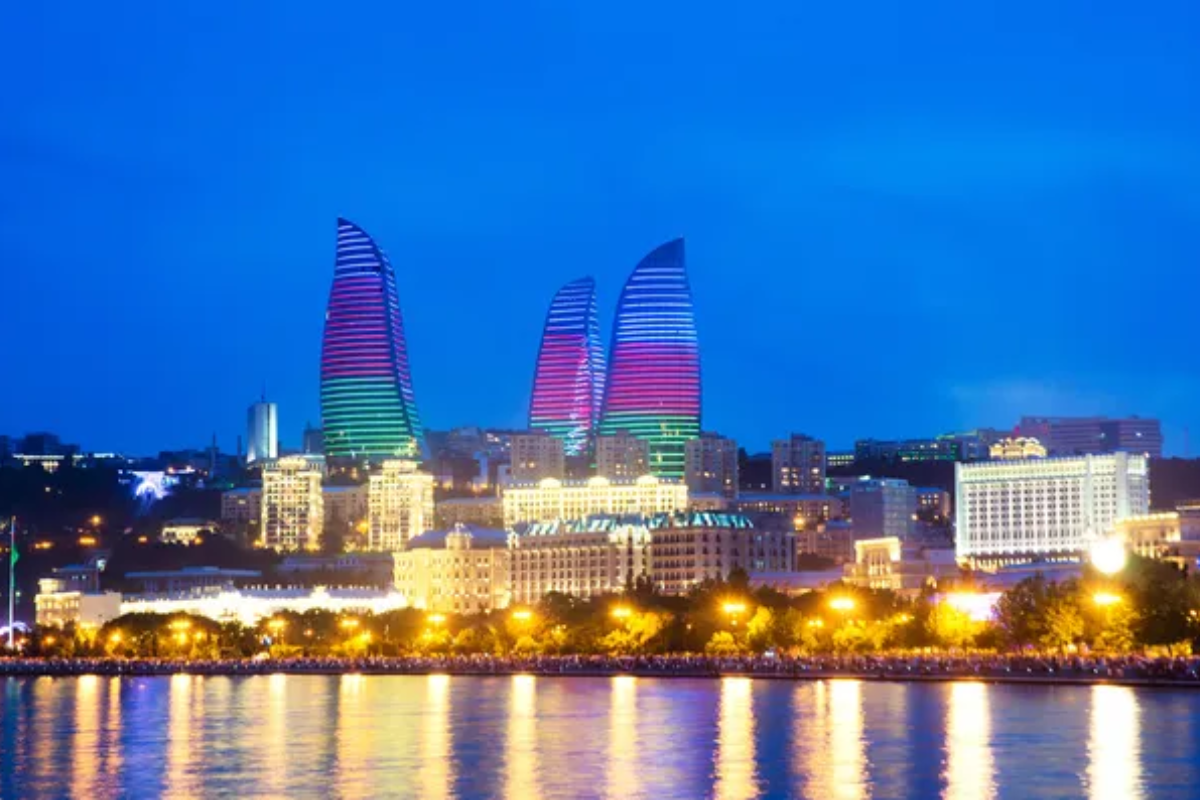
Baku has emerged as a contemporary chess powerhouse, producing world champions like Garry Kasparov while developing extraordinary chess infrastructure and educational programs. The Vugar Gashimov Chess Academy provides world-class training facilities while honoring the legacy of Azerbaijan’s beloved grandmaster, who passed away at just 27 years old.
Visitors discover remarkable public chess installations throughout the city, including oversized boards in Fountains Square, where locals gather for spirited games amid the capital’s distinctive blend of ancient and ultra-modern architecture. The city regularly hosts elite tournaments, including the Chess Olympiad, with the government supporting chess development through nationwide programs introducing the game in all public schools.
Belgrade, Serbia
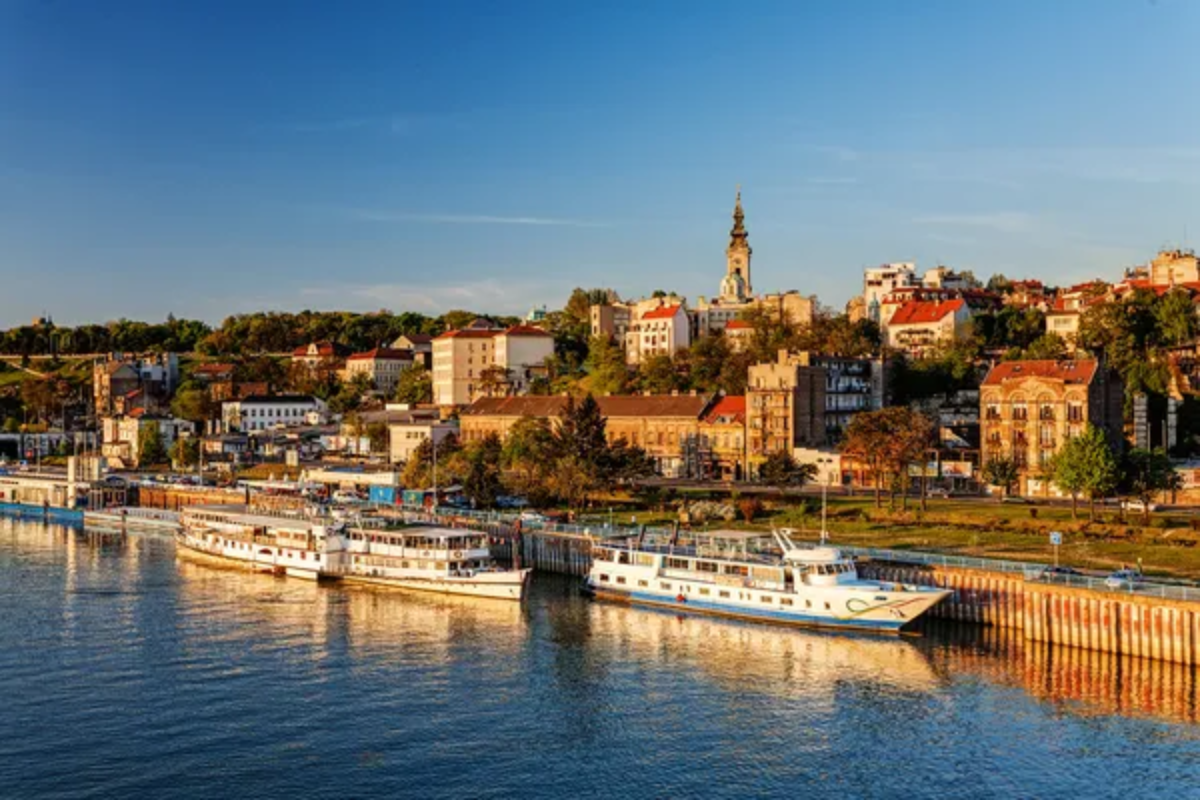
Belgrade maintains exceptional chess traditions through institutions like the Belgrade Chess Club, founded in 1882 and home to generations of Yugoslavian and Serbian chess masters. The city features dedicated chess areas in Kalemegdan Fortress Park, where players gather at stone tables with spectacular views across the confluence of the Sava and Danube rivers.
The Serbian Chess Federation organizes memorial tournaments honoring native grandmaster Svetozar Gligorić, typically held in historic venues that highlight Belgrade’s cultural heritage spanning Ottoman and European influences. Local coffee culture intertwines deeply with chess tradition, with numerous kafanas (traditional taverns) maintaining house boards for regular players who gather daily for games accompanied by strong Turkish coffee.
Like Travel Pug’s content? Follow us on MSN.
Vienna, Austria
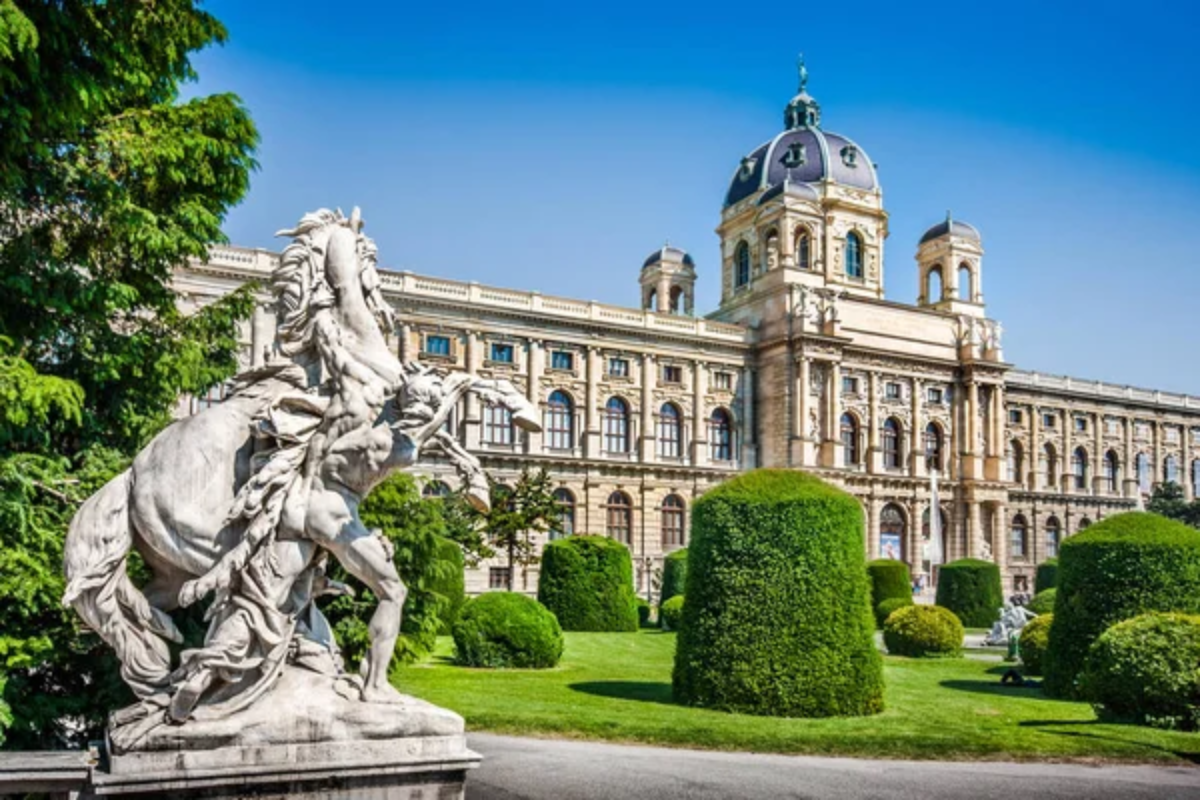
Vienna celebrates its extraordinary chess heritage through Café Central, where luminaries like Lasker and Steinitz gathered in the late 19th century to develop modern chess theory amidst coffee house culture. The historic café maintains chess tables today, allowing visitors to play where chess masters once revolutionized opening theory while enjoying traditional Viennese pastries and coffee.
The Vienna Chess Federation preserves manuscripts and documents from the city’s golden age of chess when revolutionary ideas emerged from intense café competitions that attracted intellectual luminaries from across Europe. City parks feature permanent outdoor chess tables, particularly in Stadtpark, where players gather amid monumental statues honoring Austrian composers and artists from the imperial era.
Paris, France
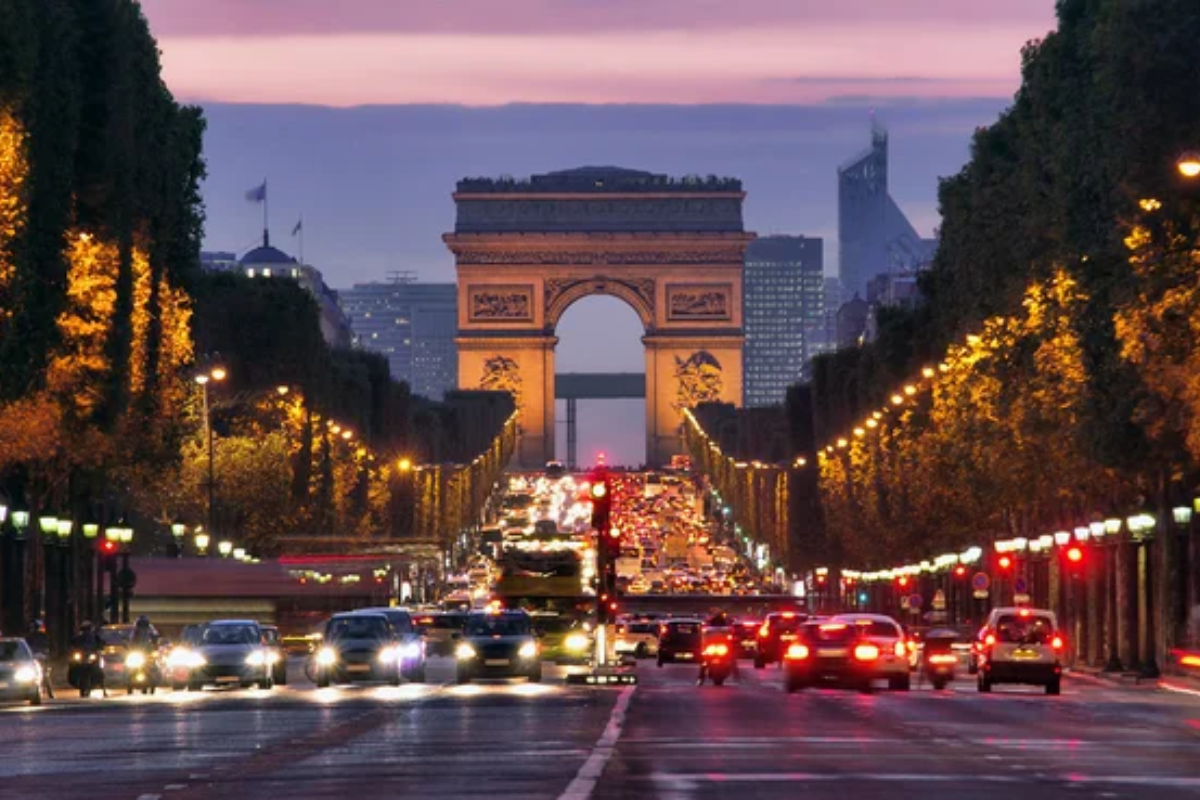
Paris earned chess fame through the legendary Café de la Régence, where luminaries from Napoleon to Rousseau played alongside chess professionals in a tradition spanning centuries of European intellectual history. The city’s outdoor chess culture thrives in Luxembourg Gardens, where permanent tables accommodate players of all levels amidst meticulously maintained historic grounds surrounding the French Senate.
The French Chess Federation maintains impressive archives documenting centuries of Parisian chess development, including materials related to pioneering theoreticians like François-André Philidor, who revolutionized the understanding of pawn structure. Contemporary chess culture continues through regular tournaments at historic venues and specialized chess cafés throughout the capital, preserving traditions dating to the game’s earliest European development.
Havana, Cuba
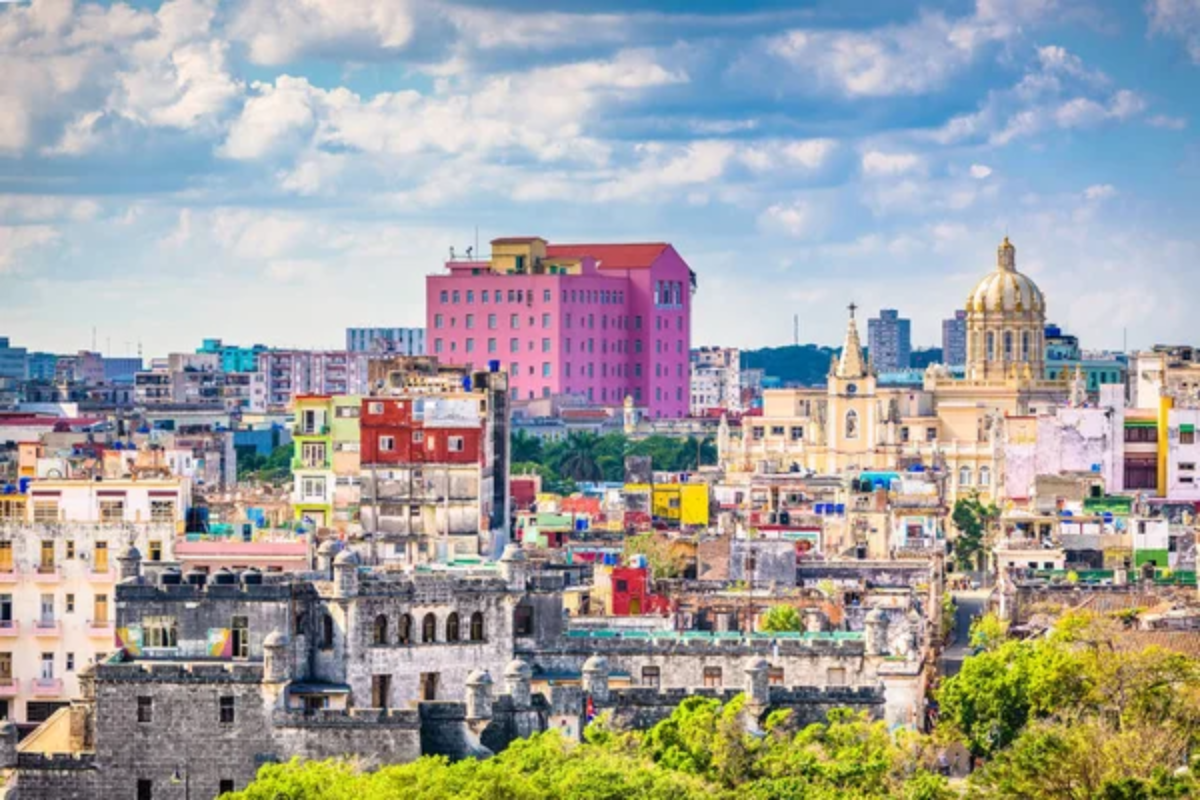
Havana developed an extraordinary chess culture through nationwide programs established after the revolution when chess became central to educational and social policy under Fidel Castro’s leadership. The city’s Capablanca Chess Club—named for Cuba’s legendary world champion José Raúl Capablanca—serves as a focal point for the island’s remarkable chess tradition, spanning elite competition and massive public participation.
Visitors discover vibrant street chess in Parque Central, where intense games attract crowds of spectators and animated commentary around concrete tables installed during urban renewal projects. The Capablanca Memorial tournament draws international grandmasters annually, continuing traditions established in 1962 to honor Cuba’s chess hero while showcasing the country’s extraordinary chess infrastructure and culture.
Like Travel Pug’s content? Follow us on MSN.
Across Time and Space

Chess destinations offer enthusiasts unique connections to the game’s rich legacy through tangible experiences beyond board and pieces. These locations preserve traditions, honor legendary players, and maintain living chess cultures that welcome visitors into centuries-old traditions.
The destinations span continents and political systems, demonstrating how chess transcends boundaries while maintaining distinctive regional characteristics. For serious chess enthusiasts, pilgrimages to these locations provide a deeper appreciation for the game’s cultural significance and ongoing evolution across centuries of human intellectual history.
More from Travel Pug

- 20 Towns Built for One Purpose That Were Later Abandoned
- 15 Hidden Spots in Disney World’s Magic Kingdom Most Visitors Miss
- 20 Once-Popular Beach Towns That Are Now Ghostly Empty
- 15 Canyons in the U.S. That Are Just as Stunning as the Grand Canyon
- 10 Under-the-Radar Mountain Towns That Are Both Affordable and Beautiful
Like Travel Pug’s content? Follow us on MSN.
